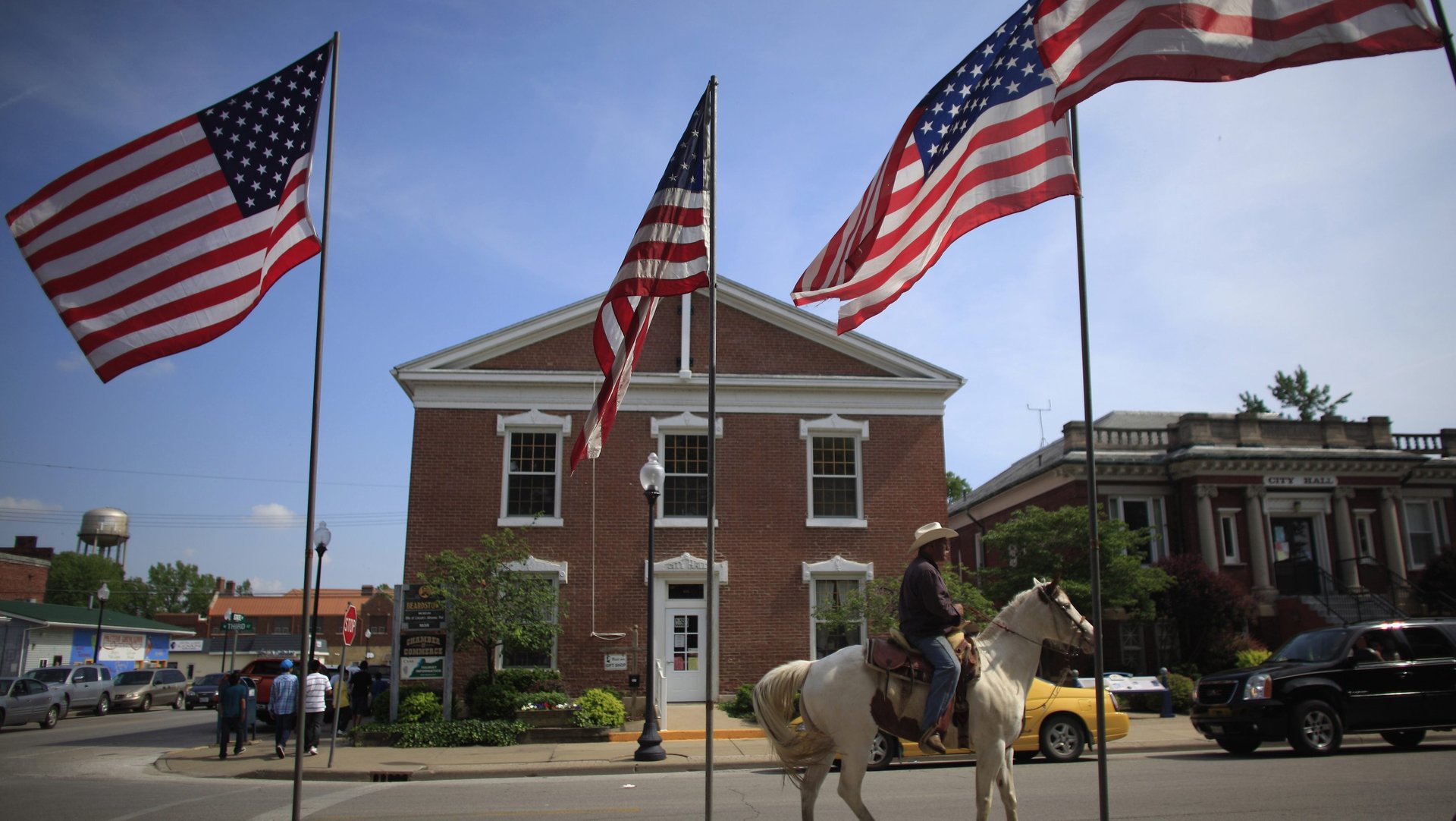What America’s Rust Belt really needs: More immigrants
Trump’s anti-immigration crusade is taking a toll on the same Rust Belt communities that voted for him.


Trump’s anti-immigration crusade is taking a toll on the same Rust Belt communities that voted for him.
Foreign-born arrivals have been a boost for these economically depressed areas. To start with, they have been making up for the flight of US-born residents to areas with better job opportunities. Some Midwest cities, such as Detroit, would have shrunk between 2000 and 2015 were it not for immigrants, according to an analysis of US Census data by New American Economy, a group of mayors and business executives that advocates for increased immigration.
Newcomers are also stemming population loss in rural areas: 170,000 US-born residents left those places during the same time period, but roughly 35,000 immigrants arrived.
The immigration population is more likely to be of working age than locals, and tends to be better educated, according to the New American Economy report. That means they make outsized contributions to the economy. Foreign-born professionals fill many of the engineering and high-skill posts that drive the kind of high-tech manufacturing that can still thrive in the US.
Immigrants also tend to be more entrepreneurial than the local population.
And they own a disproportionately large share of smaller businesses.
Trump’s rhetoric against immigrants is now driving away the very people who are creating businesses and injecting cash into the economy, says John Austin, director of Michigan Economic Center, a think tank that focuses on policies to reboot that state’s economy. Attracting and retaining them is an easier way to increase economic activity than changing the culture of the existing labor force, and faster than waiting for the next generation of locally-born residents to join it, he adds.
Trump wouldn’t even have to pass any new laws, just keep the current legal immigration system and revert to the Obama-era policies that targeted undocumented immigrants with a criminal background. The political price of that might be too much for the president, though.